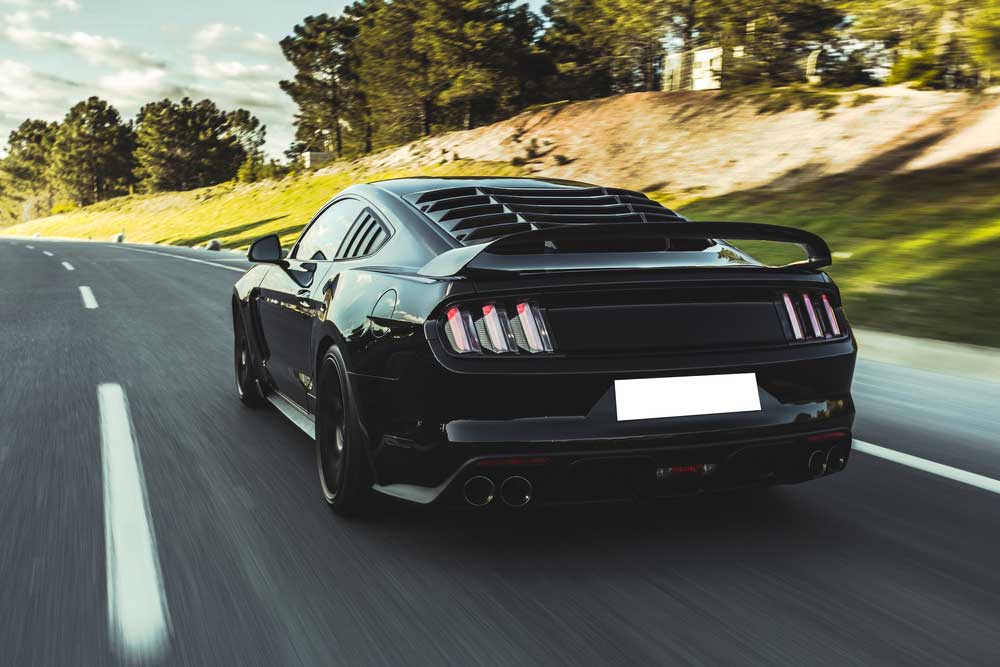Decline of the affordable Sport Car in America
Valerie Raskovic
Dec 28, 2023
In recent years, the automotive landscape has witnessed a noticeable decline in the availability of affordable sports cars marking a shift in consumer preferences, industry dynamics and economic considerations. It appears the day of the common man pulling up in a fire breathing ear deafening 2 door sports car is over. As the prices of traditionally affordable sports cars like the V8 Dodge Challenger, V8 Ford Mustang and V8 Chevy Camaro surpass the $50,000 threshold, justifying such expenditures for a second or potentially third car especially as a weekend indulgence is becoming increasingly challenging.
It is hard to believe but affordable sports cars were once a staple in the automotive market, offering enthusiasts a thrilling driving experience without breaking the bank. However, economic pressures, particularly in the aftermath of global events have led both consumers and manufacturers to reevaluate priorities. Rising production costs, fluctuating material prices and the need for advanced safety features have contributed to the challenges of keeping sports cars budget-friendly.
The major driving force in this market shift has to do with the surge of sporty SUVs and crossovers. Changing consumer tastes has forced auto manufacturers to put more focus on vehicles that offer versatility, space and safety, diverting attention and resources away from the production of affordable sports cars. The buyer of today prioritizes practicality, connectivity, and fuel efficiency over the exhilarating yet less practical nature of sports cars. The demand for daily-drivable, versatile vehicles has led manufacturers to allocate resources to meet these changing tastes.
Another nail in the coffin of the affordable sports car has to do with some of the recently added and purposed safety regulations. Consider the upcoming standardization of accident-avoidance technology in modern vehicles. However, the manual controls, popular in affordable sports cars, pose a challenge. Many of the latest safety technologies are incompatible with manual transmissions and even vehicles with manual e-brakes may face issues as modern autonomous safety systems often require electronic brake features. In essence, the very features that make affordable sports cars beloved are the obstacles to their modernization.
As the sports car market diminishes certain automakers may hesitate to invest extensively in these vehicles. Instead, they choose to introduce updated versions with new technologies, enhancing safety and adding electric variants that increase production cost driving up price tags.
Enhancing performance and safety have also added complexity to vehicle manufacturing. The integration of sophisticated electronics, advanced driver-assistance systems and hybrid or electric powertrains can significantly increase the cost of production. This technological evolution has made it challenging to produce sports cars that meet performance expectations while remaining affordable.
As environmental consciousness grows, manufacturers are under increasing pressure to produce vehicles with lower emissions. While this has led to advancements in hybrid and electric sports cars, the cost of these technologies can make them less accessible to budget-conscious consumers.
Just recently Mazda teased enthusiasts with a new reveal at the Tokyo auto show that is said to be the successor to the legendary Mazda RX-7. This new prototype is called the Iconic SP which designed to give us a glimpse into the future. This vehicle shares the good looks of the late Mazda RX-7 however, it is powered by an electric driveline with highly complex onboard electric generators and large battery packs.
While the decline in affordable sports car offerings may be a reflection of current market dynamics, it doesn't necessarily signify the end of the sports car era. As the automotive industry continues to evolve, there's potential for a resurgence of more budget-friendly, performance-oriented options, particularly as technology advances and consumer preferences continue to evolve. For now, enthusiasts may need to navigate a market where the definition of a sports car is undergoing a transformation.
Read more articles

